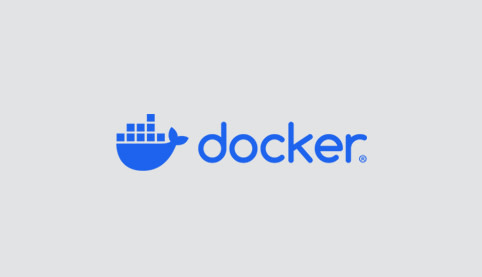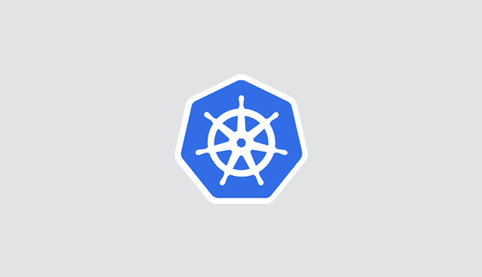Containers
Containers work like a virtual operating system, running anything from microservices to large applications. They contain all the necessary code, executables, libraries, and configuration files. Unlike traditional server or virtual machine approaches, containers do not contain entire operating systems.
A key advantage of containers is that they keep applications isolated from each other and the host system. They also allow faster deployment and easier scaling when compared to hardware virtualization systems.


